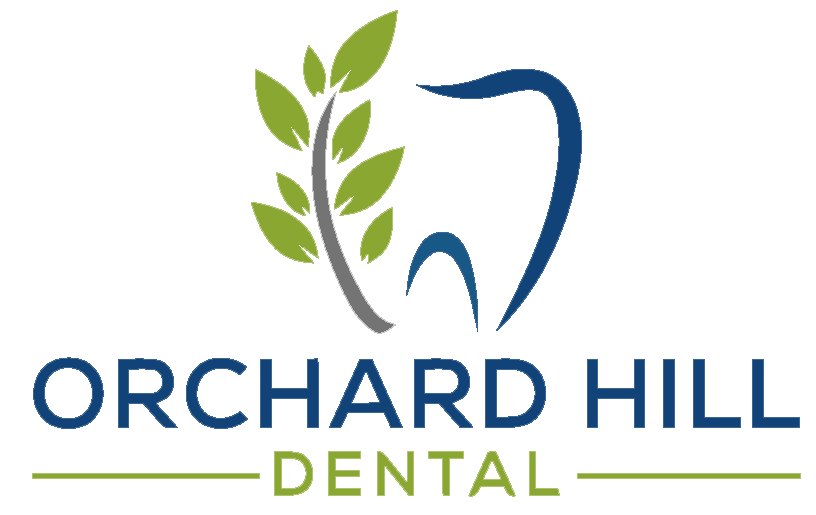Did you know that tooth pain can cause headaches? If you’ve ever experienced a throbbing toothache and a pounding headache, you’re not alone. The connection between dental pain and headaches lies within the intricate network of nerves in our faces. If you understand this connection, it can help you get the right treatment from your dentist. They can help relieve your pain and discomfort.

The Trigeminal Nerve: The Messenger of Sensation
The trigeminal nerve (TN) is the largest cranial nerve responsible for sending out sensory information from the face to the brain. It consists of three branches that spread across your face. The TN plays a crucial role in our ability to feel sensations in the face. This includes pain, touch, and temperature.
The TN connects nerves to various structures in the head and face. It connects the teeth, gums, jaw, and temporomandibular joint (TMJ). Its extensive reach also makes it a key player in dental pain and transmitting sensations.
The Toothache-Headache Connection
Referred pain occurs when pain starts in one area but is felt in another. The TN can transmit pain signals from the teeth to other parts of the face. For example, it can travel to the temples, forehead, and even the neck. This is responsible for the overlap between toothaches and headaches.
Dental issues like tooth decay, gum disease, and TMD can trigger toothaches and headaches. Inflammation, infection, or nerve irritation in the oral cavity can activate the TN. As a result, this can also lead to pain that radiates to the head.
Recognizing the Signs and Symptoms
Pay attention to the nature and timing of your tooth pain and headaches. If you notice a correlation between the two, it is worth finding out whether dental problems may cause your headaches.
In addition, other signs and symptoms include facial pain and jaw stiffness. You may notice difficulty chewing or tooth sensitivity. Also, you may feel clicking or popping sounds in the jaw joint.
Consult with Your Dentist
If you experience persistent tooth pain or headaches, it is important to consult with your dentist. They will examine your oral health and evaluate the condition of your teeth and gums. Then, they will address any underlying dental issues causing o your headaches.
Treatment Options
The treatment for headaches depends on the underlying dental problem. Your dentist may recommend cavity fillings or root canal therapy. You may also need treatment for gum disease. Even aligning your bite can also help alleviate tooth pain and reduce headache frequency.
Preventive Measures for Oral and Overall Health
There are several things you can do to minimize dental headaches. Your oral hygiene routine can prevent dental problems. Therefore, you should brush your teeth twice a day, floss daily, and have regular dental check-ups. As a result, this can minimize your risk of toothaches and related headaches.
Additionally, stress and tension can contribute to tooth grinding and clenching. This increases the strain on the jaw joint. Over time, this will worsen your headaches. Instead, try using stress-relief techniques to minimize stress and reduce your chances of headaches.
